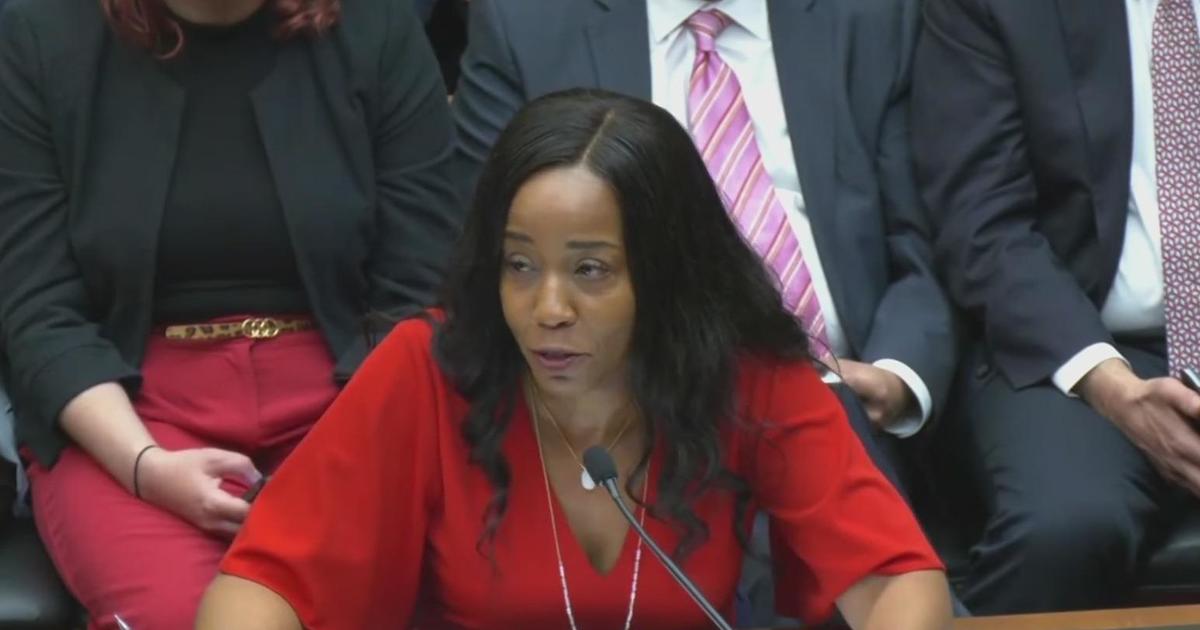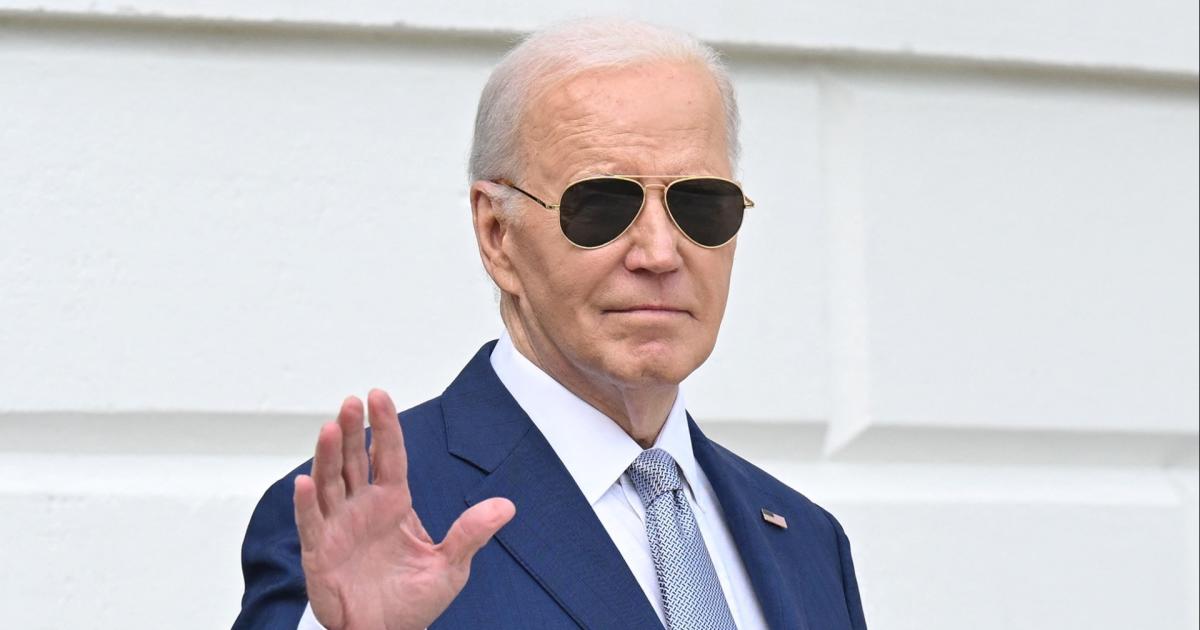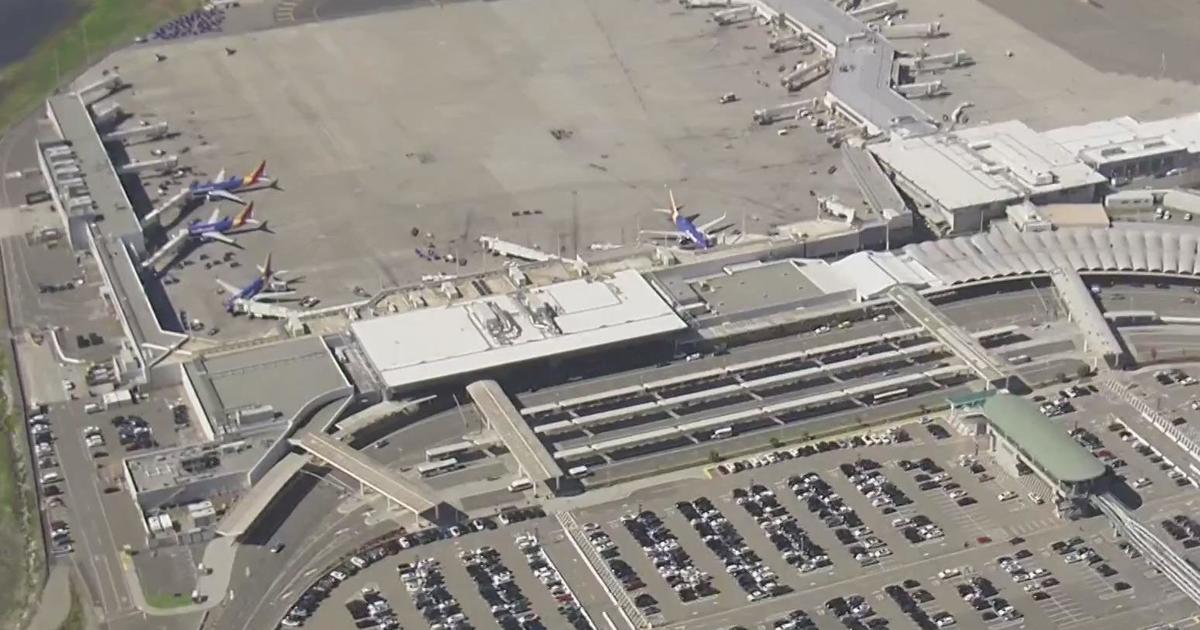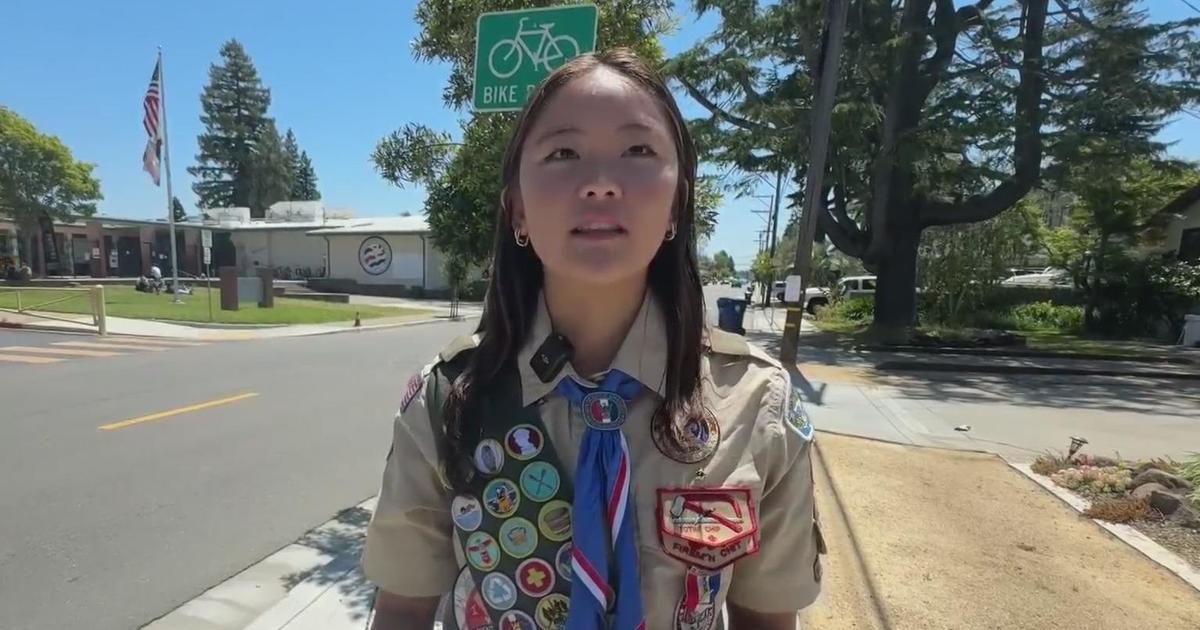Israel-Hamas conflict raises tensions on Bay Area campuses
STANFORD -- The war between Israel and Hamas continues to heighten tensions on college campuses.
Students supporting both sides say incidents of harassment on campus are escalating.
University officials are walking a fine line to stay neutral.
Educators and students are engaging in emotionally charged conversations but are also feeling pressure not to be too outspoken.
Hamza El Boudali stands alone, holding a sign critical of Israel's retaliation and killing of civilians inside Gaza while targeting Hamas militants.
There is a cost to speaking freely.
"Random people are harassing me on LinkedIn threatening me saying 'I'm not gonna get a job in the future,'" El Boudali said.
Soon after Jewish students held a vigil for massacred civilians, messages like "Decolonization is not a Metaphor" appeared on campus sidewalks.
Jess, a Jewish student who asked her real name not be used for her safety, is searching for peace of mind by playing a piano at White Plaza, where students frequently gather.
"What they're saying is that this is what decolonization looks like and this is something to be celebrated," Jess said.
There's an inner tug-of-war for students who initially weren't afraid to speak their minds but who have begun to feel silenced.
Educators like Amichai Magen, a visiting professor from Israel, are facing a complex challenge in discussing hard truths, while navigating highly charged conversations.
"My role as an educator is to create a safe and constructive environment, where people can express themselves openly," Magen said.
"Most faculty are trying to stay neutral and not saying anything to stay out of it," El Boudali said.
Students like Amsa, who also did not want to share her last name, could jeopardize future employment and even her visa status as an international student.
"I'm not feeling safe and feel threatened. Also, future-wise and career-wise, I don't feel safe," Amsa said.
"They won't want to publicly comment on this issue because they're afraid of repercussions in terms of career or jobs in the future and people putting them on these fake list of terrorists," El Boudali said.
No matter what the backlash may be, Hamza El Boudali isn't letting societal pressure silence him.
"The benefit outweighs the cost but, for others, that may not be," El Boudali said.




